Wes Anderson’s signature take on Roald Dahl’s classic short story, The Wonderful Story of Henry Sugar, released on Netflix last week. One thing that is common between Dahl’s stories and Anderson’s films is that the ending always makes you wonder.
The ending is never definite in both these forms of fiction. It always makes you think and speculate its meaning. The Wonderful Story of Henry Sugar is no different.
The Wonderful Story of Henry Sugar ends with Henry’s death, after which Dahl tells us about his legacy and how he used the money he won in various casinos to make the world a better place. Dahl also insists that his short story is based on true events but does not reveal Henry Sugar’s real name.
1. Why Did Henry Sugar Give Away His Money?
Previously in the film, Henry Sugar mastered the yogic mysterious technique of seeing without his eyes to win a fortune in casinos. For the first time, he uses the technique successfully and wins a great deal of money at a casino through gambling games.
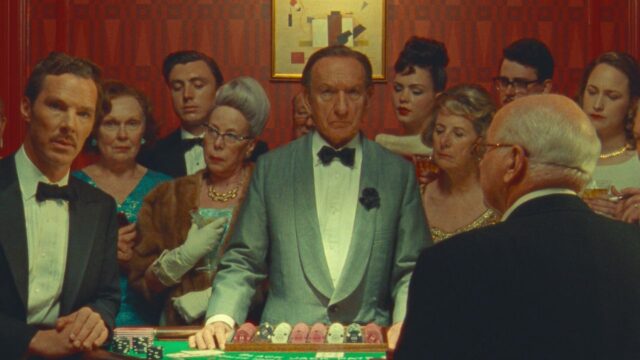
However, to his surprise, he does not feel content after winning the money. Henry feels that seeing the opponent’s cards and predicting their next move takes away the thrill of gambling and does not bring the same enthusiasm anymore.
However, he also feels like he does not need or want the money anymore. Although losing the thrill of gambling seems like the immediate reason, Henry’s sudden distaste for worldly pleasures comes from his devotion to yogic philosophy. He feels that after mastering the yogic technique of seeing without eyes, he does not have the greed for money any longer. In a psychological sense, he reaches the stage of self-actualization as per Maslow’s theory of need.
Self-actualization refers to a state of being where one completely renounces worldly needs and pleasures and finds eternal peace of mind. Henry Sugar realizes that once he actually gets hold of the money for which he mastered the yogic philosophy, he does not want it anymore as he does not feel pleasure in gaining more money.
Dahl seems to have been inspired by Indian thought and philosophy while writing his character, which is evident with the impact of such thoughts on him.
2. What Does Henry Sugar Do With His Money?
At the end of the film, Henry Sugar dies due to pulmonary embolism after living a rich and happy life which he spent working for others. He did not have a single pound to his name when he died, having given all of his money for the benefit of others.
In an intensely philosophical scene earlier in the film, Henry Sugar throws away all his money on the roads for pedestrians to collect it instead. This leads to a huge commotion in the streets, and a policeman approaches Henry Sugar in his house.
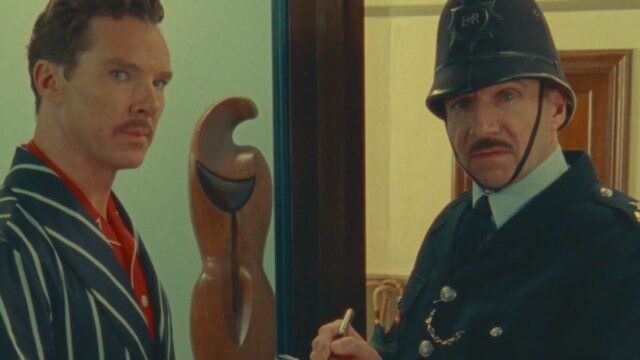
He tells Henry that if he wants to use his money to help others, he should donate it to places that can use it correctly instead of throwing it in the streets and creating a mess. He advises Henry to use his money to build schools and hospitals that can help the needy.
The policeman’s words make Henry think, and he decides to follow his advice. Henry Sugar decides that he will spend the rest of his life taking up different disguises and traveling around the world visiting different casinos. He plans to win more money and send it to his accountant cum secretary, John Winston, whom he assigns to take care of his money and use it to help the needy.
After Henry’s death, Winston still carries out his wishes. They built a number of schools and hospitals for the needy. As per the film, Henry’s secretary commissions Roald Dahl to write the story of his life after his death.
3. What is Henry Sugar’s Real Name?
Henry Sugar’s real name was not revealed at the end of the film. John Winston asks Roald Dahl to use the name Henry Sugar in his story as well, as he promised Henry that he would never reveal his real name to the world.
Dahl mentions that Henry Sugar’s name is the only part of the story that is not true, while all the other events about Henry’s life are based on true events. Keeping Henry’s real name hidden also adds to the mystery and leaves the audience wondering if it is a true story. It continues the pretense of Henry Sugar’s story being a true one.
4. Is Henry Sugar Based on a True Story?
No. The Wonderful Story of Henry Sugar is not based on a true story. In the film, Roald Dahl mentions that Henry’s accountant commissioned him to write Henry’s story, which is based on real facts. This is, however, just a cinematic device that also goes with Wes Anderson’s style of constantly breaking the fourth wall and his use of metafictional devices.
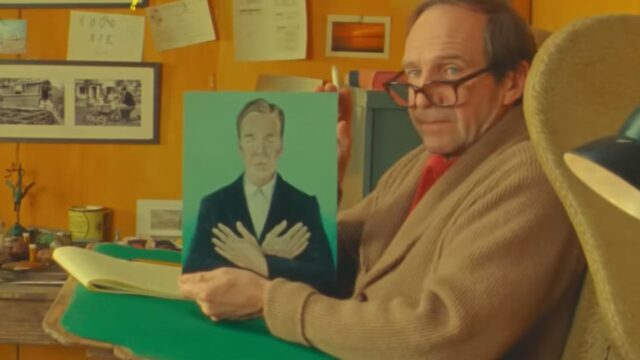
However, Henry Sugar’s fictional story does have some real-life parallels. A Pakistani mystic, named Kuda Bux had a similar ability of seeing without his eyes, much like Imdad Khan in the story. He was popularly known as ‘The Man Who Can See Without His Eyes’.
5. About The Wonderful Story of Henry Sugar
The Wonderful Story of Henry Sugar is a 2023 American fantasy short film written, co-produced and directed by Wes Anderson, based on the 1977 short story of the same name by Roald Dahl.
It is the second film adaptation of a Dahl work directed by Anderson, following Fantastic Mr. Fox (2009). It stars Benedict Cumberbatch as the titular character alongside Ralph Fiennes, Dev Patel, Ben Kingsley, and Richard Ayoade.
The story sees a rich man learning about a guru who could see without using his eyes, then setting out to master the skill in order to cheat at gambling.
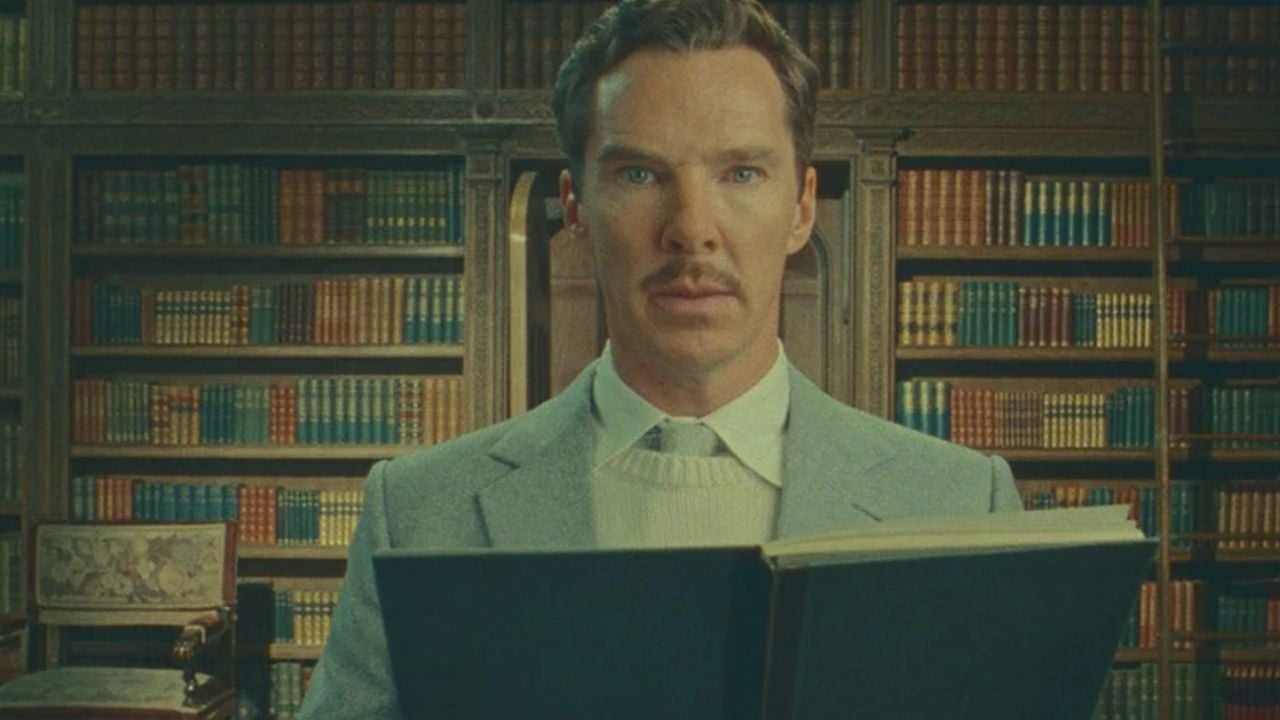

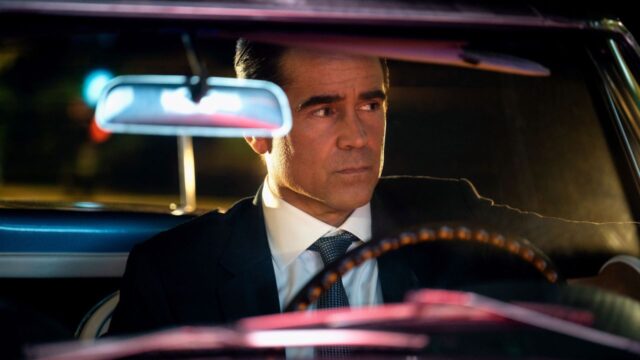
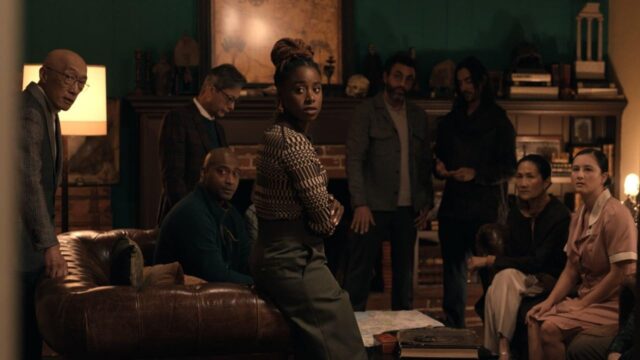
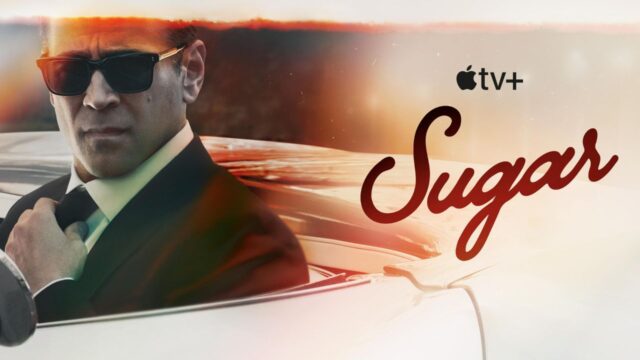
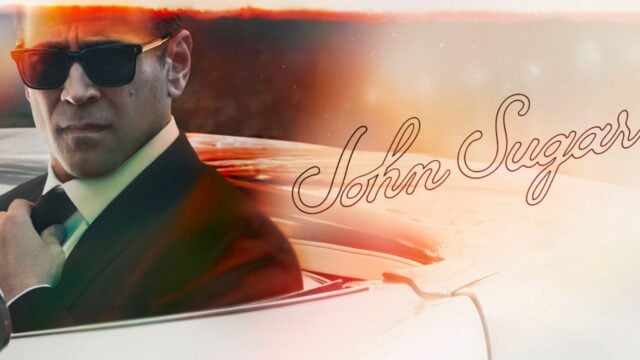

No Comments on The Wonderful Story of Henry Sugar Ending Explained: Is It a True Story?